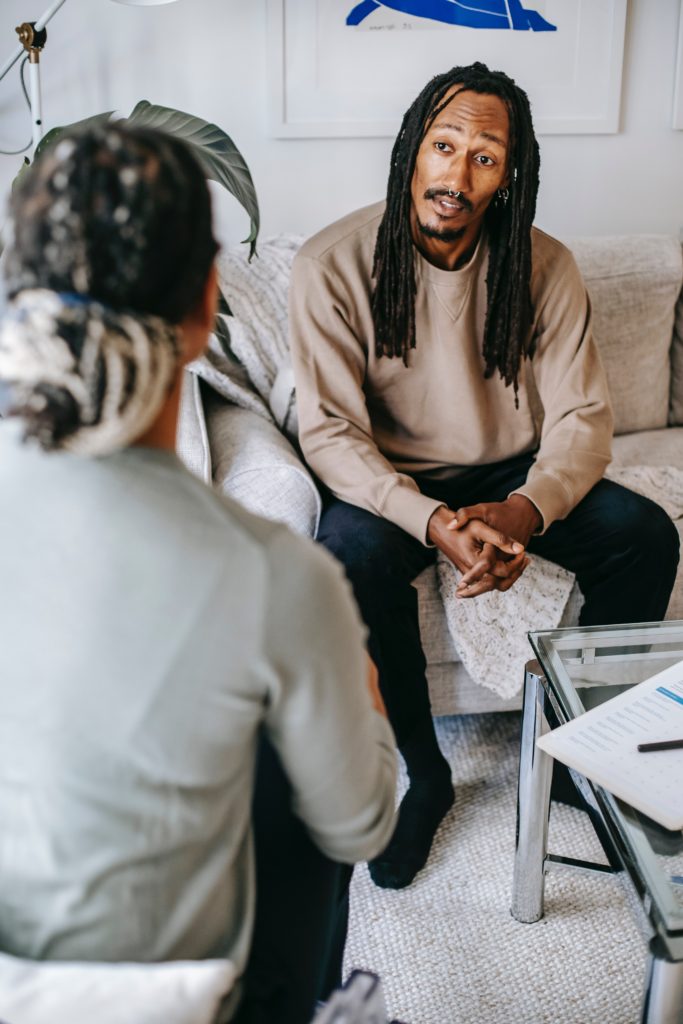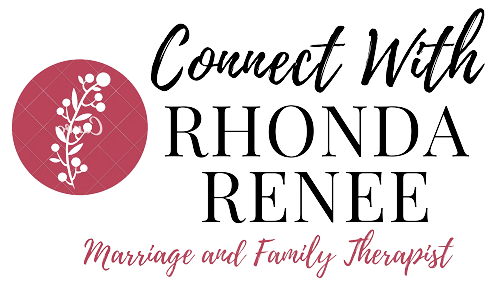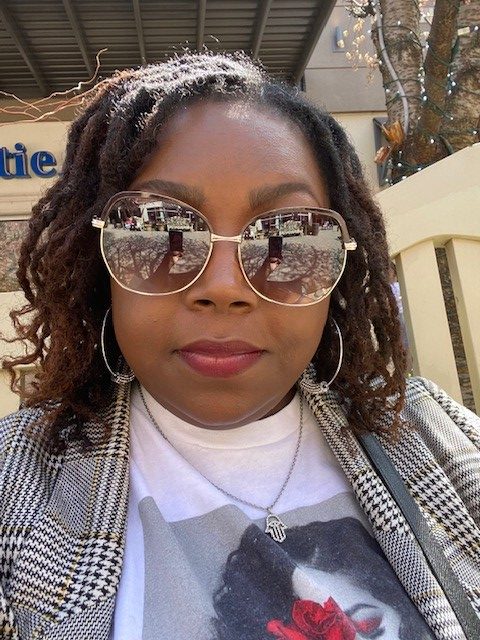
The first time having a therapy session can be a little nerve wracking.
You’re about to meet a stranger and they are going to be asking you all sorts of questions about your life. They may ask you to reveal some secrets, talk about past traumas, or help you connect the dots on some events that you may feel are unrelated. The intake appointment is for the therapist to get to know you, figure out why you have come to therapy, and figure out a way to best help you achieve some of your goals.
So here are a few things you should keep in mind for the session.
This is your time. Make the most of it.
Whether you are going in person or virtually, be on time and get rid of all distractions. Depending on the clinic, session times for the intake can be longer in time. Some may be 90 minutes, some may be 50. You will typically be notified during the scheduling of appointments what the initial time frame is. Just make yourself available for the entire session.
Be open to the process.
Understand that you must do the work. Whether you come to therapy on your own, or you’re dragged in by your spouse, parent, or the court system, nothing will get you through the process quicker than being motivated to do the work. What does that mean? That means showing up as your true authentic self, being real about what’s happening outside of the therapy room, doing the homework, reading the articles, and being your own advocate for becoming your best self.
Take your time to determine the fit.
Have you ever met someone and maybe didn’t hit it off the first time you met, but after a few encounters realized that the person has a great personality and is awesome to be around. Well, sometimes that can help with therapists too. You may not have this magical moment of euphoria in your first session that this is the therapist for you. That magic feeling may never happen. You have to decide for yourself in the first few sessions if this person will be a good fit to help walk you through your struggles. Only you know what you need and if you feel comfortable with that person and are able to open up in ways you may not be able to do with others, then they may be just the person you need.
Be realistic about your progress.
Contrary to what some insurance companies may say (sips tea), there is no set time to when a client is able to heal. That being said, there should also be some sort of forward movement, even if it’s just a little bit. If you are not moving at the pace you feel you should be, bring this up to your therapist and have a dialogue about how you envision your future self. Also ask yourself if you are contributing to the forward movement by again, doing the work outside of the session.
Don’t expect the therapist to take sides.
They always say that there are 3 sides to a story and most therapists only ask for clarification to find the area where there is disconnect. While there are certain things that happen or are said that common sense will tell us are just wrong, but the therapist isn’t there to blame, they are there to help figure out what led to the response or behavior. Will there be moments where you feel “attacked?” It’s possible, but having that conversation will be beneficial too. Whatever feelings come up should be said so that it can be worked through.
Don’t expect the therapist to “fix” your kid.
Most situations that bring a child to therapy is either caused by or enhanced/made worse by the home environment. This is not a statement blaming parents. While abuse does happen, in the situations where harm is unintentional, parents are just doing the best they can with what they have. That is why it is a collective effort when children are brought to a family therapist. They look at the whole child, including the environment and work with the parents or guardians to make sure the child is supported.
Think about your end goal.
What do you want out of therapy? How would you like your life to be different? Having an idea of these things will help you and your therapist develop a plan and create goals to work towards. Saying, “I want to feel better” isn’t enough. How do you want to feel? How will feeling this way impact you day to day? How will it affect your relationships?
These are just a few tips to get you started when considering the therapy process. Good luck to you on your mental health journey.
Wishing you love, peace, and healing,
Rhonda Renee


